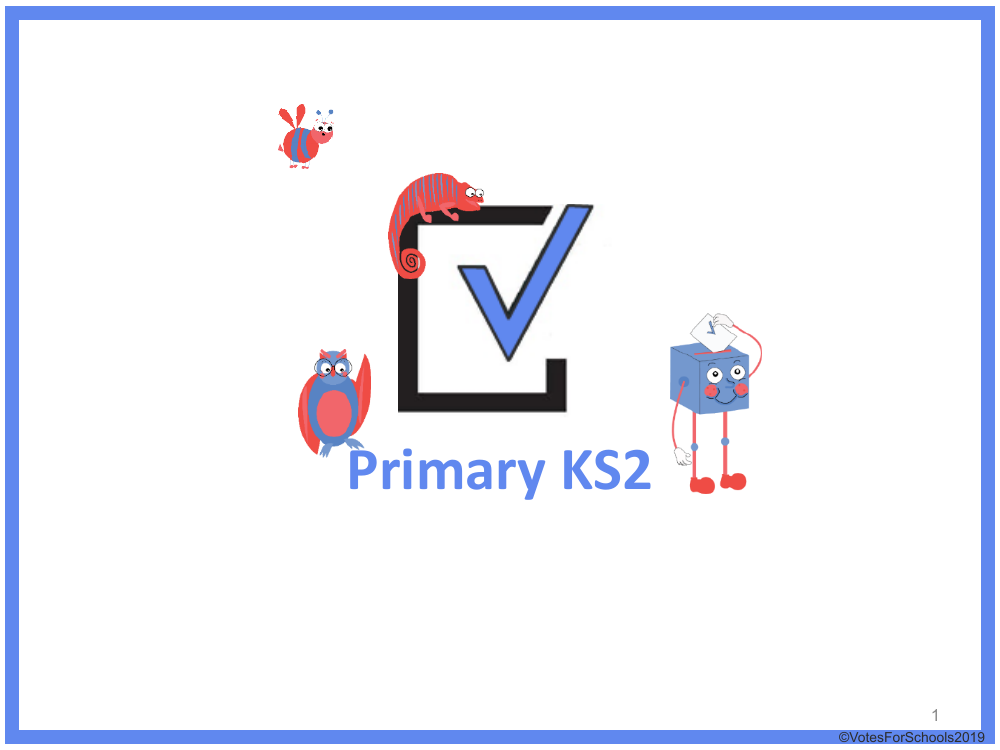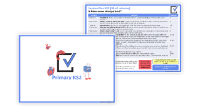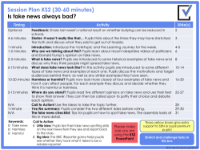Is fake news always bad Lesson Presentation

English Resource Description
The VotesForSchools2019 lesson presentation delves into the complex topic of fake news, engaging Key Stage 2 pupils in discussions and activities designed to explore the nature and impact of misinformation. Prompted by scenarios that encourage personal reflection, such as altering a story to avoid trouble, students begin to understand the nuances of truth and deception. The lesson then progresses to examine historical instances of fake news, like the false claims made by King Henry VIII about Anne Boleyn, highlighting that the dissemination of false information is not a modern phenomenon. Various forms of fake news are identified, including hoaxes, biased reporting, comedic takes, and the spread of incorrect information, each discussed in terms of their intent and potential harm.
Interactive elements of the lesson encourage students to critically evaluate different examples of fake news, from the seemingly innocuous, like a hoax that led a fake restaurant to top rankings in London, to the more serious, such as the debunked study linking vaccines to autism that had real-world health consequences. The presentation also touches on the challenges posed by deepfakes and the importance of media literacy. A 'Call to Action' segment empowers students to become discerning consumers of news, offering quick and big ideas for honing their skills in identifying reliable information. Finally, the presentation provides a fake news checklist, guiding pupils on how to scrutinise sources, headlines, content, images, and errors to discern the credibility of news stories, fostering a critical and questioning mindset towards the media they consume.

